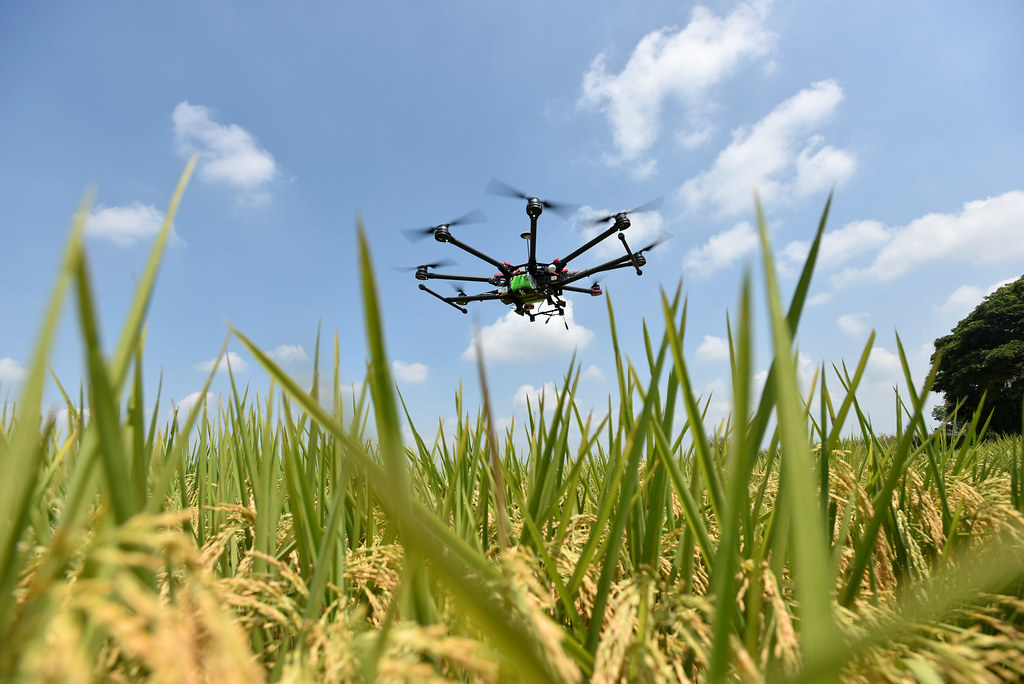-
RAAF
Contributing to the implementation of the Regional Agricultural Policy
RAAF Approach is essentially based on getting things done.
-
Thematics

Thematic areas
The implementation of the Regional Agricultural Policy (ECOWAP) is built around nine thematic areas.
-
Projects
- Renforcement des capacités pour la mise en œuvre de l’ECOWAP en Afrique de l’ouest
- At the end of PRAPS-1, which achieved significant progress in relation to most of the issues relating to animal health, sustainable management of rangelands and pastoral resources, livestock trade, and prevention and management of pastoral crises, the Wor
- Fruit flies are a major problem for the horticultural sector in West African countries. They destroy 50 to 80% of fruit production.
- The Global Climate Change Alliance Plus (GCCA+) is the second phase of an initiative of the same name launched by the European Commission in 2008
- West Africa is one of the most vulnerable regions in the world.
- Renforcement des capacités pour la mise en œuvre de l’ECOWAP en Afrique de l’ouest
- West Africa is facing three major challenges: (i) structural food and nutritional insecurity, (ii) the effects of climate change (droughts, aridity, floods, etc.), (iii) salinization and physico-chemical degradation of agricultural land.
-
News
Follow our news and events
-
Resources
Contents
More information on our work.
-
Multimedias
Interaction
Audio-visual based communication
-
Opportunities
Get Involved
- Portals
The establishment of social safety net systems capable of responding efficiently, and on a large scale, to an emergency is a key determinant in addressing the devastating effects of the corona virus disease (covid-19) on people's well-being. Otherwise, the stability of the region, which already faces several challenges, including civil insecurity, could be further weakened.
The Covid-19 outbreak in the region and its rapid spread has led to the adoption of various social measures by countries to enable the most vulnerable populations to overcome the pandemic. Indeed, though all the populations are affected by the pandemic, some people will suffer more from the effects of the pandemic. From this perspective, social safety nets are essential in protecting the most vulnerable people, as they are a major complement to medical interventions.
Responsive actions taken so far by countries have proven to be relevant. Yet, they have been unable to halt the decapitalization of the livelihoods of the vulnerable households’ facing the crisis.
In view of the consequences already suffered, such as the loss of livestock and perishable foodstuffs, loss of income, inability to purchase some basic products, risk of famine and malnutrition, interventions such as free or low-cost distribution of agricultural inputs to small producers (seeds, fertilizers, provision of productive capital, production materials, etc.) during this high productivity rainy season are strongly recommended. They have the advantage not only of preserving and strengthening the means of production and subsistence, but also and above all, of strengthening the vulnerable populations’ resilience to future crises.
As the approach to providing emergency assistance (e.g. food distribution, free or reduced costs of certain basic services) is very limited due to its ad hoc nature, it is desirable to move towards more regular, predictable and sustainable social safety net instruments. In this respect, the diversified experience of ECOWAS through the financing of 19 pilot social safety net projects implemented in the 15 Member States has made it possible to identify the types of social safety nets to be scaled up in order to strengthen crises management mechanisms and, above all, to integrate vulnerable households into a development path.
Co-financed by the Spanish Cooperation and the ECOWAS Commission, these projects, whose implementation began in 2016, had positively impacted the lives of more than 53 000 direct beneficiaries, of whom 62% women. The achievements are expressed in terms of (i) food distribution, child development and access to basic social services, (ii) development of the main source of income and food security for vulnerable households, (iii) strengthening of livelihoods and household capacity to cope with shocks and (iv) development and testing of targeting methods. Other achievements include women empowerment and most States capacity building in social safety net programmes management in line with national social protection strategies or policies.
Lessons learned from these achievements orient the reflection towards the promotion of some social safety net instruments, such as (i) integrated models of school canteens with the supply of local products and agro-ecological practices promotion, (ii) social safety nets design adapted to the pastoral context, (iii) cash transfers combined with production support measures and (iv) support for women's income-generating activities and the promotion of their role in food and nutritional security.
Read more...
- Livestock farming and pastoralismPublication date:
- Climate change
- Climate change